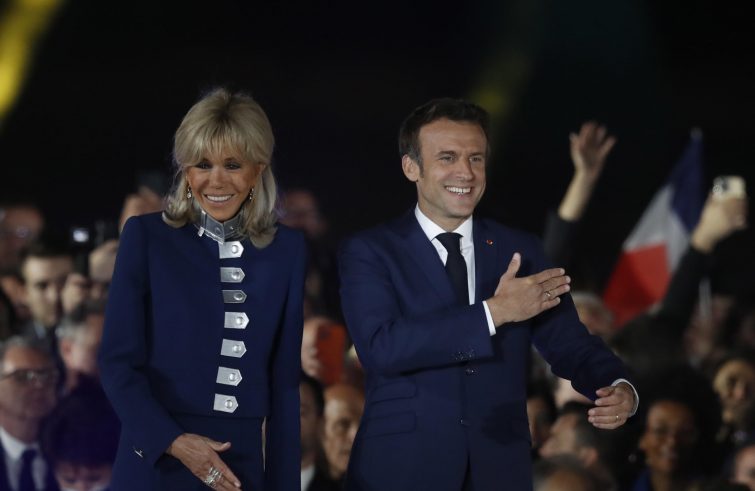
Emmanuel Macron’s victory in the presidential runoff election of April 24 over Marine Le Pen was extensively commented on throughout European media outlets over the past few days. Most commentators concur that France and Europe made a lucky escape from Le Pen’s nationalistic stances, riddled with anti-European rhetoric and ill-concealed pro-Putin sentiments. Yet Macron won “half a victory”, gaining 58% of the vote in the runoff and thereby losing a substantial part of the electorate compared to five years ago. Moreover, France is divided and sovereignist right-wing sentiment is strong and growing in the general public, in France as in several other European countries.
The millions of votes won by Le Pen are also a wake-up call for the European Union, insofar as they reflect a lingering lack of confidence in the European project.
Several factors may have contributed to Macron’s victory: a relatively favourable economic outlook; the threat of war from Russia – which Macron is responding to within a generally cohesive context in the West (the EU and NATO); the French presidency of the EU Council of Ministers – giving further visibility to the rotating president, Macron himself; and a few debate failures on the part of Marine Le Pen, partly linked to her renowned friendship with the Russian president.
Commenting on the outcome of the presidential runoff, Geneviève Pons, of the Jacques Delors Foundation, said: “The great debate in France, after having been a Left-Right debate, has now become a debate between open and closed positions, optimist and pessimist, recipient or victim of globalisation.” It is noted, and confirmed, that
the criteria for orienting public opinion are undergoing a radical transformation;
that votes are not affected by traditional issues; that consensus-building strategies involve new tools and languages and new, unexplored avenues. The French vote signals yet another setback for populist leaders in Europe. It had recently occurred in Slovenia, the Czech Republic and Bulgaria (with the respective defeat of Jansa, Babis and Borissov). However, Orban’s electoral victory in Hungary and Vucic’s in Serbia signal the opposite trend.
The widespread support to sovereignist tendencies in Europe (and beyond) should mobilise political and cultural realms.
The discontentment of a big part of the population – be it authentic or artfully fuelled – must not be ignored. Not least because it would appear to be fuelled (and indeed justified to a certain extent) as a result of Europe’s recent crises – the economic and financial crisis followed by the migratory crisis and finally the twofold impact of the pandemic and the war in Ukraine.
Politics must resume the pursuit of sound values, long-term planning, and concrete results that benefit citizens’ daily lives. This involves lofty, concrete and ambitious responses, capable of tackling the countless and complex challenges of our present time.











